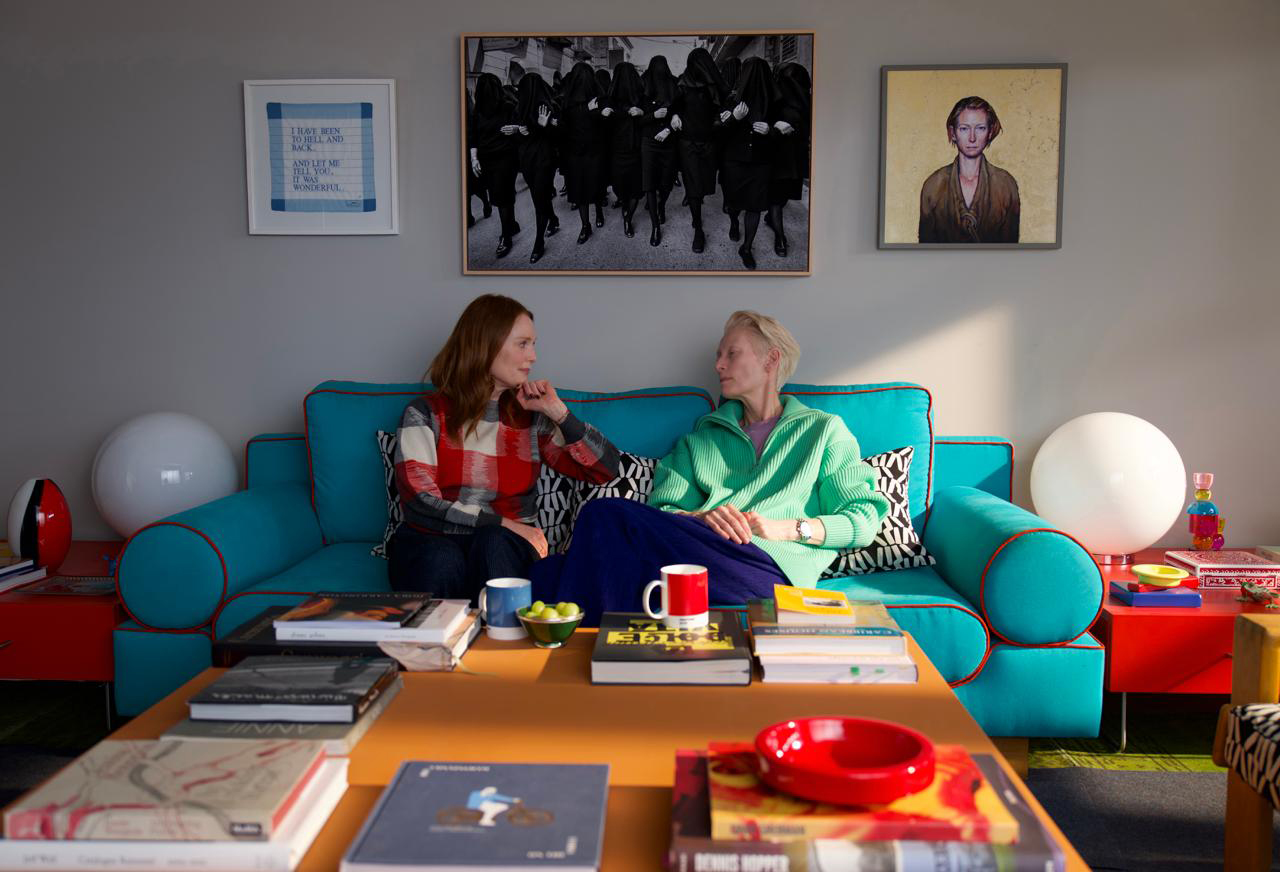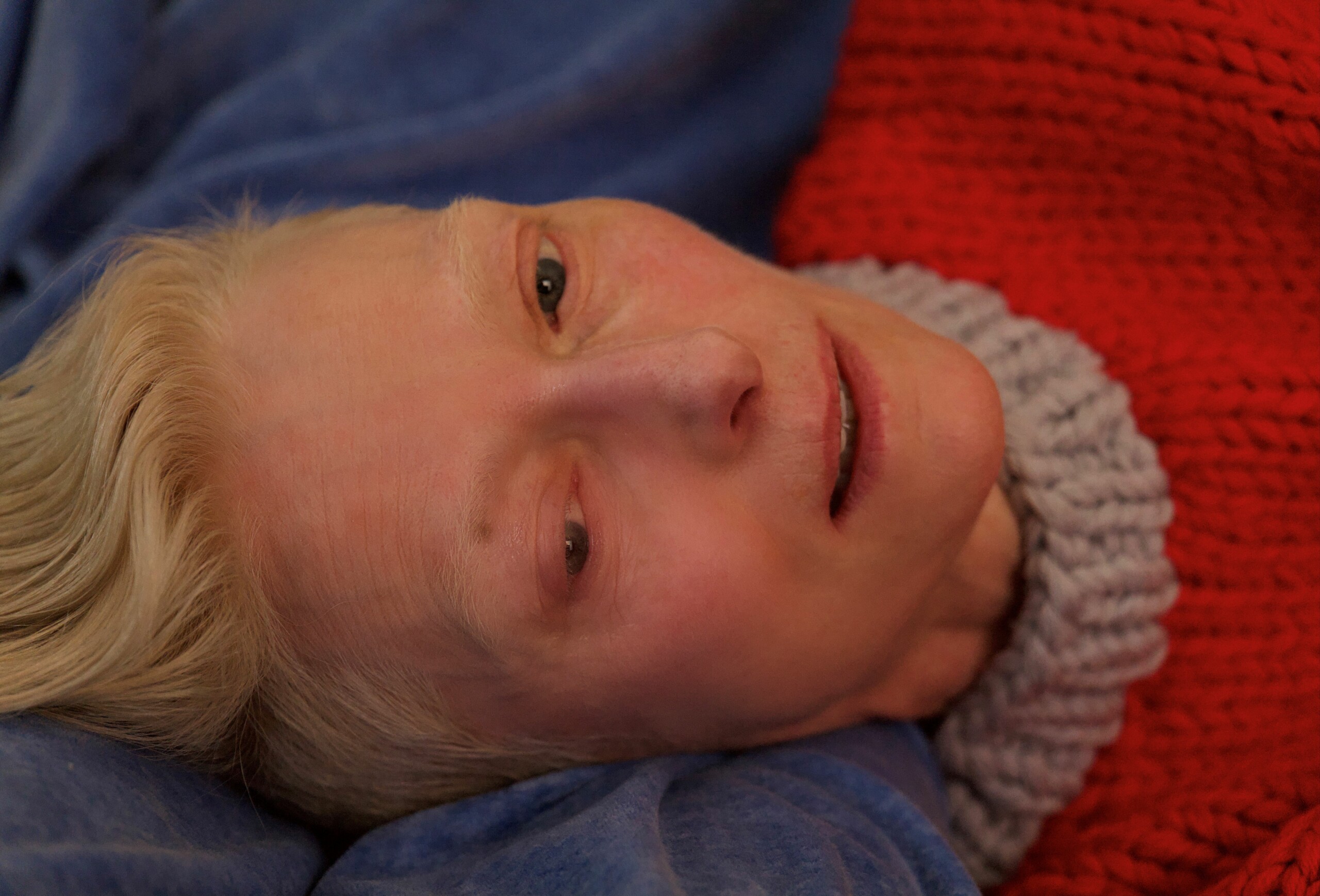
The Room Next Door
Pedro Almodóvar’s first English-language feature film was probably one of the most eagerly anticipated screenings at the Venice Film Festival 2024. It delves into heavy moral questions surrounding assisted dying, euthanasia, and the growing existential threat of climate change. At the heart of the story are two iconic characters: Martha (played by Tilda Swinton) and Ingrid (Julianne Moore). The film opens with their reunion, where Ingrid has only just discovered that Martha is terminally ill, setting the stage for a deep exploration of their relationship amid challenging circumstances. Martha reveals that she plans to end her life before the disease does, and wants Ingrid to accompany her in this final chapter.

Despite the film’s focus on pressing, contemporary themes, it falters where it counts the most: storytelling. The dialogue, overly verbose at times, often limits the performances of Swinton and Moore, making it feel as though they are reciting lines rather than fully embodying their characters. Yet, Julianne Moore still shines in the role of Ingrid, infusing the character with a depth and authenticity that anchor the film. Her portrayal taps into a genuine emotional resonance and provides much-needed warmth amid otherwise detached, stilted dialogue. Swinton, while brilliant in her own right, seems stifled by the weight of the script, unable to fully capture the layers of her character in the way Moore does. Still, both actresses showcase their skill in navigating such complex characters.

Visually, the movie carries Almodóvar’s signature touch: his use of vivid colors contrasted against the somber themes creates an intriguing visual paradox. Cinematographer Edu Grau delivers a true feast for the eyes with Almodóvar’s typical color palette, where reds, greens, and blues shine with vivacity and style. The score by his longtime collaborator Alberto Iglesias, while technically impressive, often feels overbearing. In dialogue-heavy scenes, the music tends to dominate rather than complement the action, coming across as excessively dramatic and too blatant in its signaling of mood shifts.

While the film received a 17-minute standing ovation during its Venice premiere, this reaction should be viewed with caution. Festival audiences tend to applaud well-known directors out of respect, and such receptions don’t always reflect the actual quality of the work. The same could be said for Almodóvar’s Golden Lion win. It appears to be more a recognition of his illustrious career than a reflection of this specific project’s merits. Ultimately, The Room Next Door is an ambitious attempt to navigate new thematic and linguistic territory, but it falls short in execution. It’s a work that feels more like a transitional phase than a definitive statement from one of cinema’s most celebrated directors.

Maja Anhel Vuk